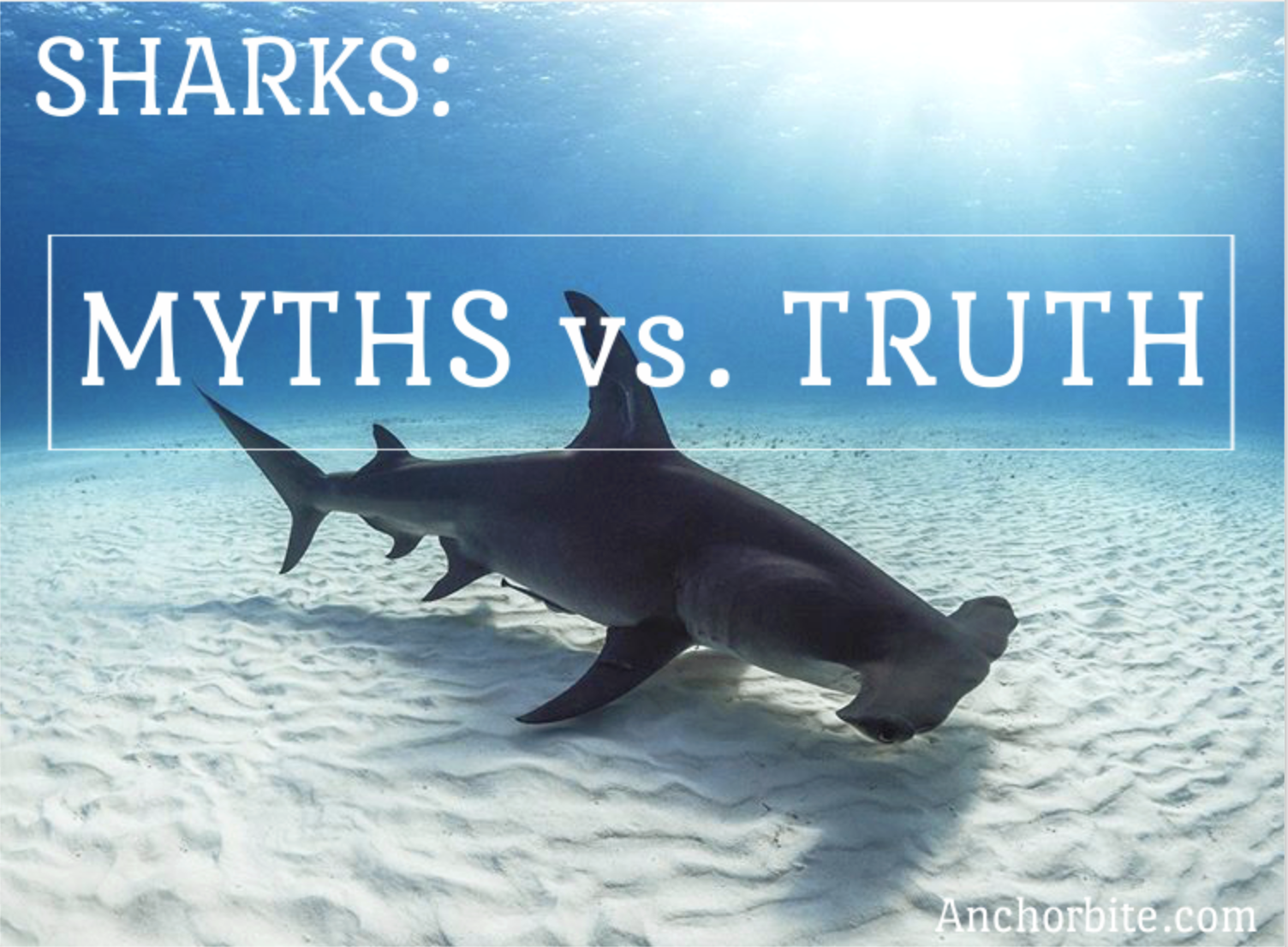“If we can teach people about wildlife, they will be touched…
humans want to save things that they love.”
Steve Irwin
Thanks to sensationalized stories, exaggerated news, and stereotyping, sharks have become feared rather than saved. These dramatized aspects have created a repulsive perspective towards sharks labeling them as dangerous (blood-thirsty) killers.
Regardless of your fears, and beliefs in the myths that society has created, the fact remains that sharks are a vital part of the marine ecosystem and humans cannot live without them.
Apart from very few cases, sharks are not the villain here and it appears that humans have taken over that role. Humans are hunting and killing sharks for the continuous demand of authentic shark-related products, meat, and meals.
If you are a shark lover, like me, then you know how difficult it is to convince others that sharks are not dangerous, especially if they’ve already made up their minds about them.
Misconceptions of sharks are putting these animals at risk for extinction. People would rather listen to these sensationalized stories rather than learning the truth. Maybe by learning the truth, more people will move towards protecting these animals.

In honor of shark week, I wanted to discuss 10 of the common misconceptions about sharks that have fueled this hatred attitude towards them, followed by the truth.
1. Myth: Sharks are hungry man-eating monsters
Fact: Sharks have absolutely no interest in humans. Their most preferred prey is foods with high-fat content, such as seals or fish, much like how humans love fatty foods such as fries or pizza. Sharks have been around for much longer than humans and have evolved to feeding on marine life. Once a shark has realized that it has captured a human, they will usually let go as humans are not preferred or tasty.
There are numerous types of feeding behaviors in sharks, including filter feeders and bottom-dwelling suction feeders, which make it quite difficult to feed on humans.
Shark “attacks” on humans are based on so many other things and has nothing to do with the fact that it’s a human. This includes:
- Misidentification: Sharks misidentify a human for an animal. Surfers on a board, or people swimming at the surface, often resemble a seal or another marine animal. Sharks hunt for similar-sized prey as humans.
- Poor visibility: There can be poor water visibility and sharks can have a hard time distinguishing a human from an animal.
- Curiosity: Sharks can be very curious animals and will investigate something through taking a nibble. Humans taste bad to sharks so they will often take a nibble, out of curiosity, to see if it’s an animal. To humans, this nibbling comes off as biting.
- Self-defense: What many people don’t know, is that some of these so-called “shark attacks” often occur because people are provoking them. But that’s usually left out of the story. And what do you expect anyone to do when provoked?
If you read articles and news about shark attacks, you can see that a human is never fully chewed up or completely eaten alive by a shark. A shark attack occurs because of one of these few reasons. There are about 3 species of sharks responsible for the majority of bites (White, Tiger, and Bull sharks).
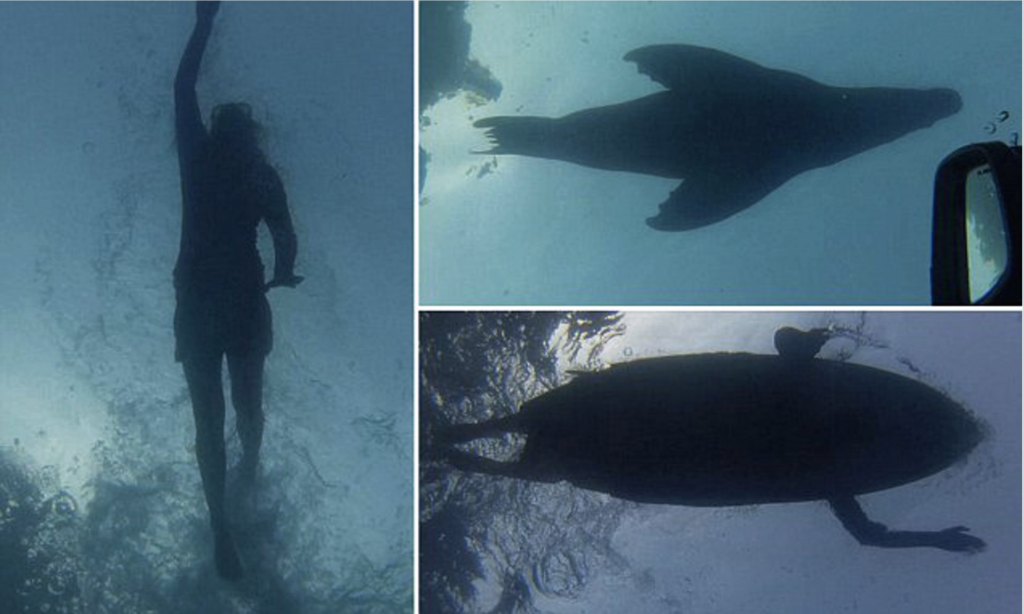
2. Myth: All sharks are the same
Fact: All species of sharks are incredibly diverse with a variety of different sizes, shapes, habitats, diets, and behaviors. There are approximately 440-500 species of sharks today all diverse and unique in their own way, much like humans.
3. Myth: All sharks are massive and vicious
Fact: There are over 400 species of sharks varying in size and shape. The smallest shark is no larger than a human hand.
Whale sharks and basking sharks are 2 of the largest species of sharks and they are both filter feeders that feed on tiny organisms. Considering they are only capable of feeding on tiny organisms, they can’t exactly be vicious.
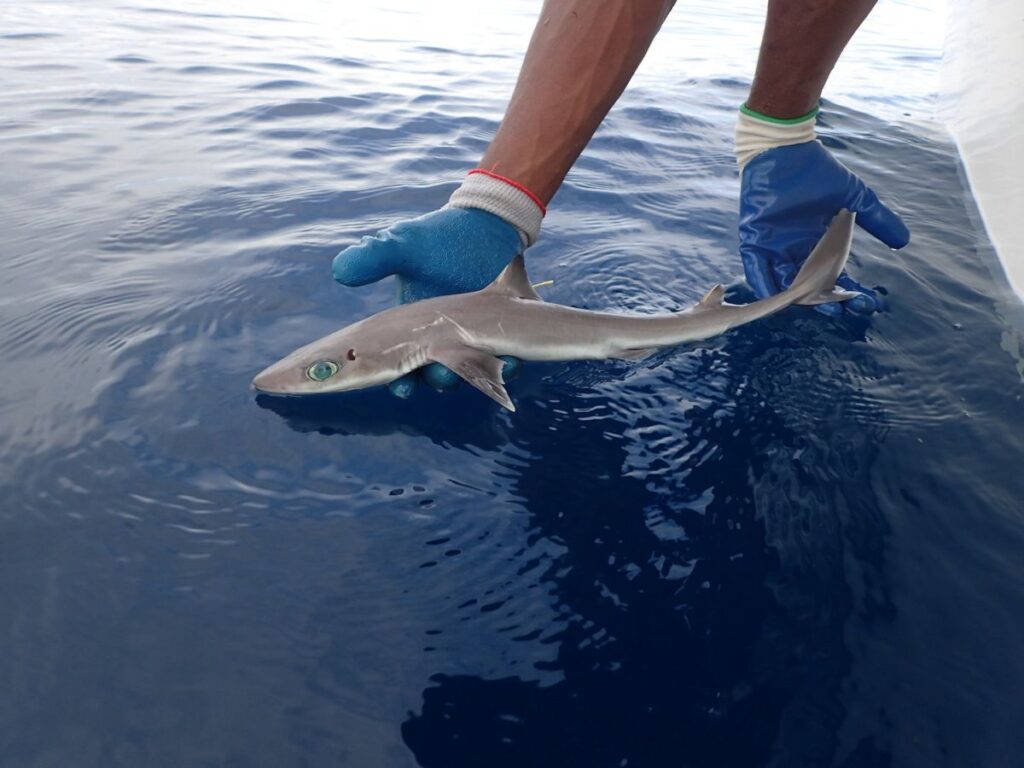
4. Myth: The only good shark is a dead shark and sharks have no purpose
Fact: It’s hard to believe, but in fact true, that humans cannot live without sharks.
Sharks are vital for keeping the ecosystem healthy and balanced.
Sharks are amazing examples of evolution, essential components for the ecosystem, and critical for human survival.
Check out my previous post on the essential roles of sharks and how sharks help humans.
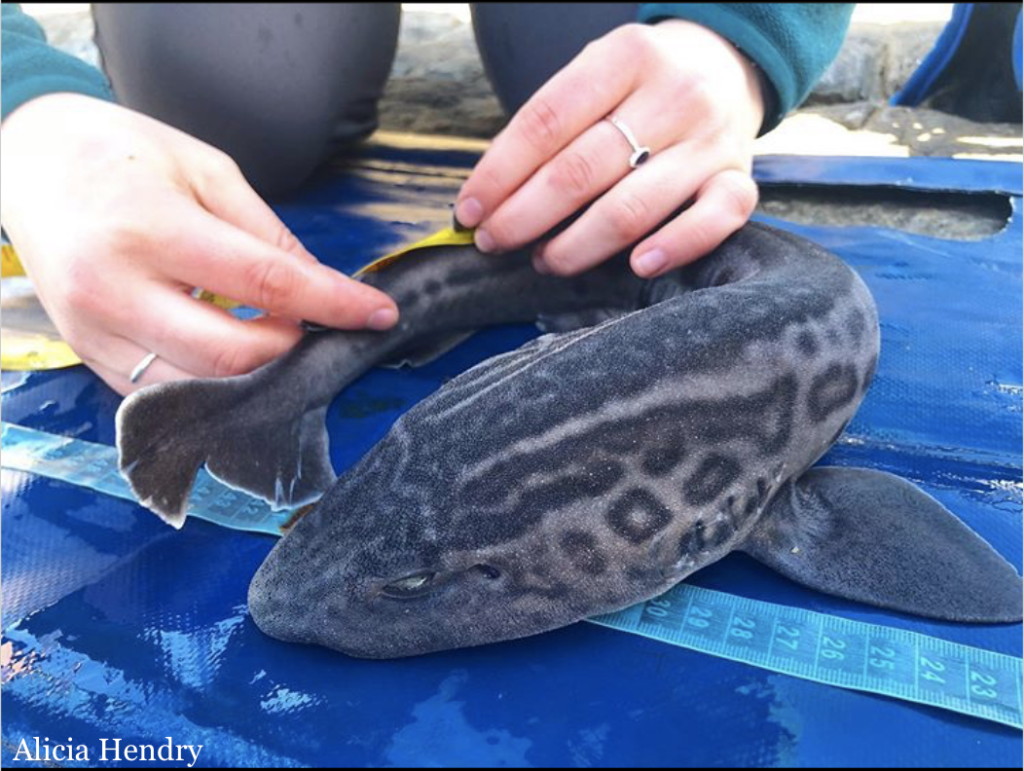
5. Myth: “Shark-infested” waters
Fact: There is no such thing as shark-infested waters. Saying shark-infested waters is the same as saying human-infected cities. As we live in cities, sharks live in the ocean. It’s important for us to stop acting like we own the ocean and that sharks are invading the ocean that we want to swim in. In fact, we are invading their homes by swimming in the ocean!
6. Myth: Shark fins are nutritious and flavorful, shark oil provides health and skin benefits
Fact: Shark fins provide no flavor or nutritional value. They’re also extremely pointless to have in food or products because it doesn’t provide anything that will benefit your health or skin. As a top predator, sharks eat marine life below the in the food chain, which means they are accumulating contaminants from their prey, which can cause serious health problems for you.
7. Myth: All sharks are deadly
Fact: Sharks are probably more scared of us than we are of them. Smaller sharks can’t do that much damage to humans, even if they really tried.
2 of the largest sharks, whale and basking, are filter feeders, which means they feed on phytoplankton and other small organisms. So, it’s actually quite impossible for them to bite or even kill humans since they aren’t built to feed on large prey.
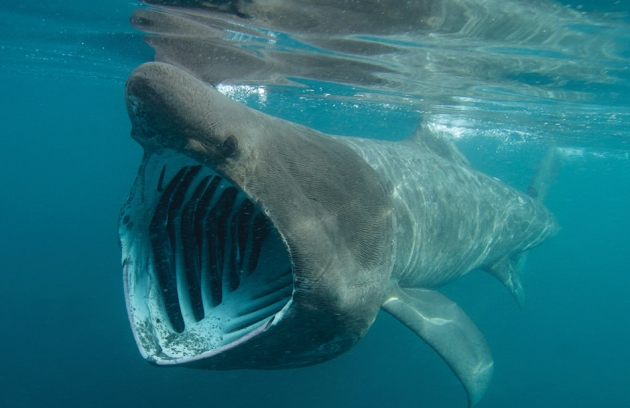
8. Myth: Sharks are mindless and stupid creatures
Fact: You don’t survive 400 million years of change, evolution, and make it to the top of the food chain by being “mindless” and “stupid”. Sharks are actually very smart and calculating animals. Sharks have incredible features, such as electroreceptor organs, that can help sense the earth’s magnetic field. These sensory organs are important for sensing prey, predators, navigation, and orientation in the ocean. Meanwhile, most humans can’t even read a map or find the grocery store. This does not occur in the brain of a “mindless” animal.
9. Myth: Shark fins grow back if they are cut off
Fact: Shark fins do not grow back, and they cannot survive in the ocean without their fins. After a shark is finned, they are thrown back into the ocean and drown or bleed out and die.
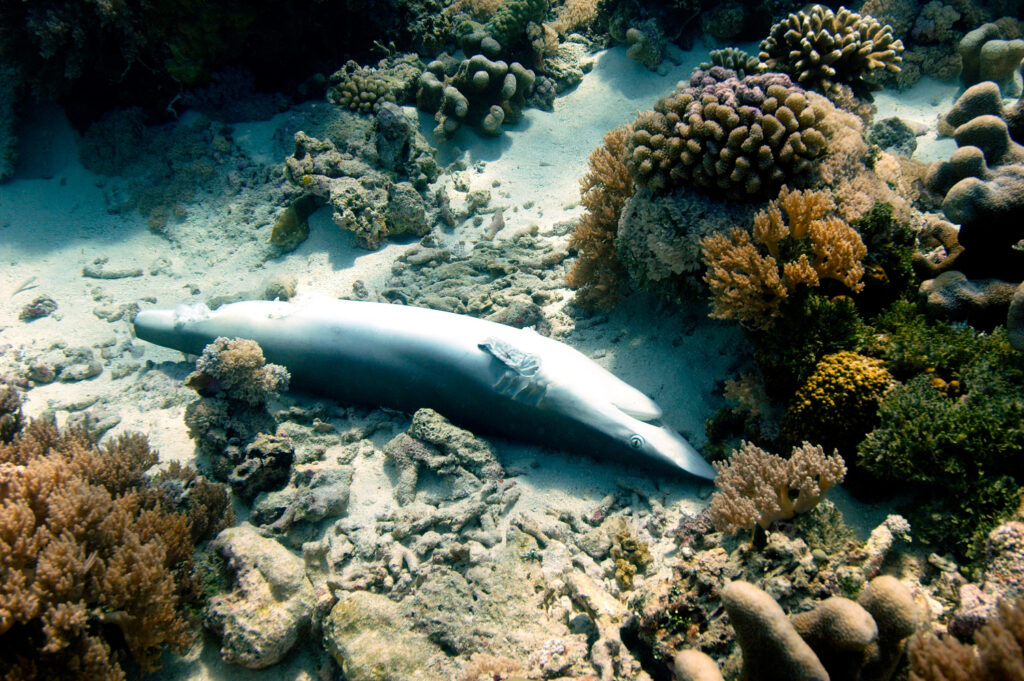
10. Myth: Sharks are always hungry and attack humans every chance they get
Fact: Sharks do not set out to attack humans, nor do they hunt humans or seek revenge the way you see in the movies. Sharks do not enjoy the taste of humans and would much rather eat more fatty foods than us.
Sharks are not always hungry. Because a shark is 200 pounds, it doesn’t mean that it’s going to eat pounds of food a day. Most sharks don’t eat that often. Some eat about 3 to 4 times a week. Sharks can even live without food for 8-10 weeks.
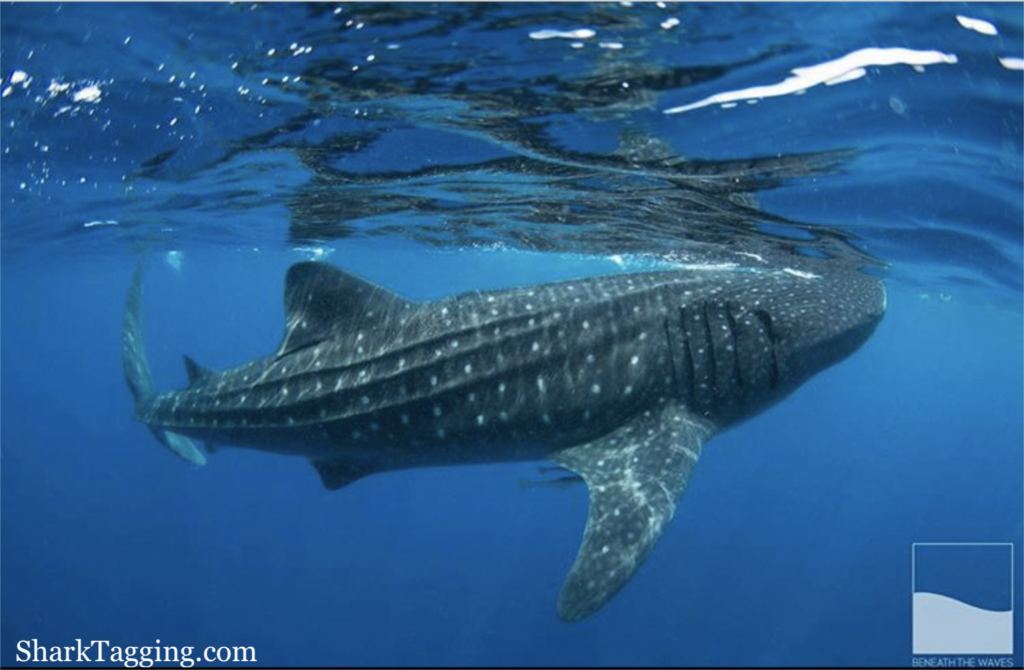
As a result of this false labeling, myths and hatred towards sharks have become more common.
Sharks are widely misunderstood, not evil, and 100 million sharks are being killed each year because of this. Soon it will be to late if we don’t start protecting these animals.
